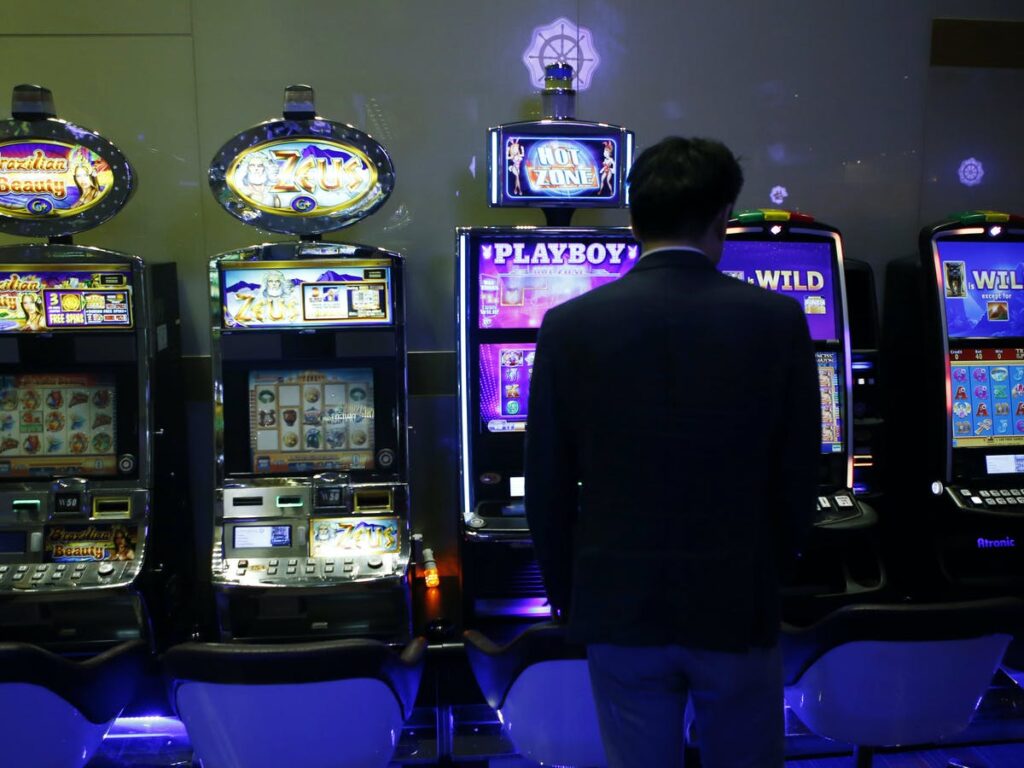Lottery gambling, a popular form of entertainment and potential wealth acquisition, is fundamentally rooted in chance. Unlike games that require skill or strategic thinking, lotteries hinge solely on random outcomes, rendering them one of the most unpredictable forms of gambling. The allure of lotteries lies in their promise of life-changing rewards for a modest investment, with millions of players participating in hopes of striking it rich. However, this randomness also brings forth significant implications regarding the psychology of players and the societal perceptions surrounding gambling. At the core of lottery systems is the principle of probability, where the likelihood of winning is determined by the number of possible outcomes. Most lottery games operate on a fixed set of numbers from which players must select their choices, often leading to astronomical odds against winning the jackpot. For instance, in a typical six/49 lottery, players choose six numbers from a pool of 49, resulting in odds of approximately 1 in 13.98 million for winning the jackpot.

These staggering odds highlight the inherent randomness of the game, emphasizing that winning is not based on skill or strategy but rather a mere stroke of luck. This randomness can generate a false sense of hope among players, who may convince themselves that certain numbers are due to appear or that specific patterns will yield better results. Such cognitive biases can lead to an overestimation of personal influence over the outcomes, often driving individuals to spend more than they can afford in pursuit of a seemingly attainable dream. Moreover, the role of chance in lottery outcomes is intertwined with the broader societal and psychological dimensions of gambling. Lotteries often evoke feelings of excitement and anticipation, as players imagine the transformative impact of a significant win. This emotional engagement can further blur the line between entertainment and addiction. Many players experience a rush of adrenaline when selecting their numbers or waiting for the draw, fueled by the thrill of uncertainty. The randomness of outcomes can lead to a cycle of hope and disappointment, as players repeatedly invest in the hope that their fortunes will change. This psychological phenomenon, often referred to as the gambler’s fallacy, underscores the difficulty in recognizing the independence of each lottery draw; past results do not influence future outcomes, yet many players believe they do.
The implications of chance in bandar togel hk lottery gambling extend beyond individual players, affecting societal attitudes toward gambling as a whole. Lotteries are often perceived as a harmless form of entertainment, with the proceeds frequently allocated to public services and charities. However, the reliance on chance raises ethical questions regarding the promotion of such activities, especially when considering vulnerable populations who may be drawn to the promise of easy wealth. Understanding the role of chance in lottery outcomes is crucial in fostering responsible gambling practices and ensuring that players are aware of the inherent risks involved. In conclusion, the role of chance in lottery gambling outcomes is a multifaceted issue that encompasses probability, psychology, and societal implications. While lotteries offer excitement and the possibility of financial gain, the randomness of their outcomes serves as a reminder of the limitations of control and the perils of overindulgence in the pursuit of luck. As the lottery continues to captivate millions, recognizing and addressing the significance of chance remains essential in promoting a healthier relationship with gambling.